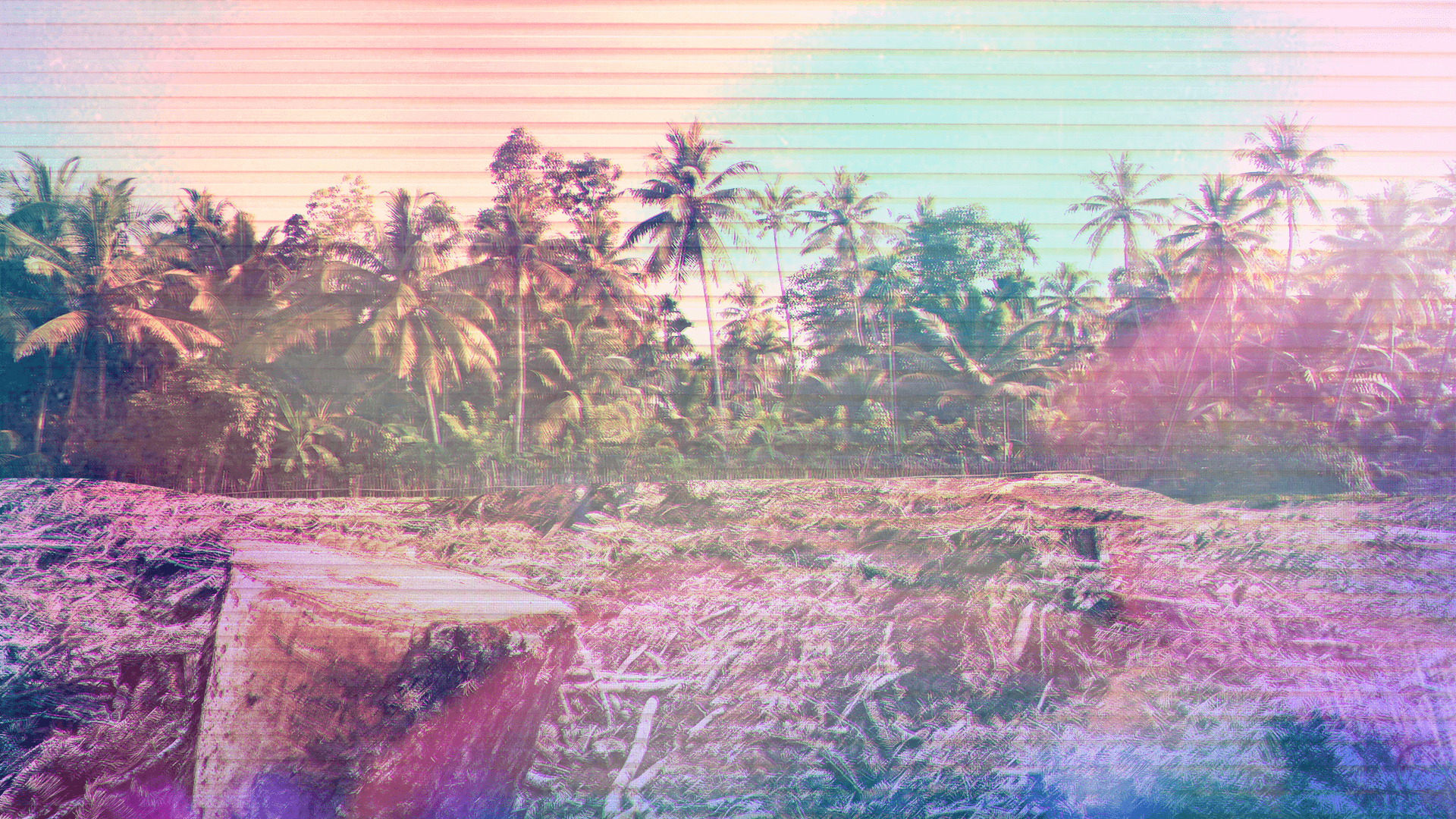The way most products are created and consumed definitely does not do our planet a favor. The latest proof is the deforestation happening as a result of palm oil production. This process is devastating Malaysia and Indonesia, which supply 85 percent of the world’s stock.
Palm oil is a go-to ingredient for brands. In fact, it is used in more than 50 percent of food and cleansing products and 70 percent of cosmetics. Why so popular? The resource is cheap, versatile, odourless and colorless, plus has a relatively long shelf life. However, growing demand has forced plantations to take up more land than all of New Zealand.
While production has a serious impact on the planet, ditching palm oil also has the potential to devastate Southeast Asia. In these emerging nations, 4.5 million people rely on the market for their livelihoods.
As the world has tried to sort out this mess, the World Wildlife Fund (WWF) established a Roundtable on Sustainable Palm Oil (RSPO) in 2004. The organization works with all levels of the palm oil industry to make sustainable production a reality. However, only 18 percent of all palm oil produced is currently RSPO certified.
There’s a lot to consider. And a lot of room to grow.
When A Tree Falls…
When you think “deforestation,” you probably imagine cutting down trees for paper or wood. However, crops are actually the guiltiest party. Between what we eat and what’s used in household products, huge portions of our natural ecosystem are being cleared to use as farmland.
With this deforestation comes a chain reaction of negative consequences. While an oil palm tree only takes four years to grow (a relatively short time for trees), harvesting leads to a long-term loss of wildlife habitat, water pollution from decomposing trees, loss of animal & insect life from pesticides and greenhouse gasses from soil burning to make fertilizer.
As you can see, our current system is putting earth at the bottom of the priority list. In fact, according to the WWF, nearly a quarter of all global land is now degraded –– meaning it’s been stripped by human activity and can’t produce as effectively.
Can We Just Not?
However, palm oil is the lesser evil in many ways. For example, getting equal amounts of oil from soybeans or coconuts would take four-to-ten times as much land. Plus, with the right conditions, an oil palm can produce up to 25 times more oil than soy. Therefore, although the industry leads to huge amounts of deforestation, the alternative would create even worse outcomes.
Not to mention that palm oil has a huge impact on Malaysia and Indonesia’s emerging economies. Millions of small farmers harvest and sell the ingredient to support themselves and contribute to national GDP. However, these farmers often compete with illegal plantations that freely go unregulated. Without supporting regulation on the palm oil industry that prioritizes both the planet and people, we would leave millions of people unemployed.
Growing Positivity
Despite all of this hard truth, there is positive change happening around the world. 75 percent of the UK’s total oil palm imports were sustainable in 2016. Also, L’Oréal has successfully transitioned 100 percent of its products to RSPO-certified sustainable palm oil. Unilever, the company behind Dove, Ponds and other household beauty products, has also made commitments to funding a more sustainable market.
Although it’s a huge process to rebuild this broken system, consumers can educate themselves and continue supporting brands that use sustainable palm oil. As a result, we might be able to slowly transition into a more ethical and sustainable market. The WWF Palm Oil Buyers Scorecard is a great resource to start with in supporting ethical brands. By regulating the process, we can support the planet and one another while creating a better beauty industry.

